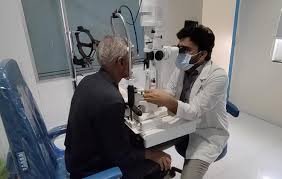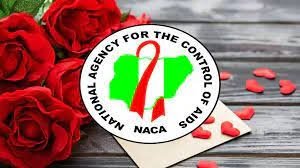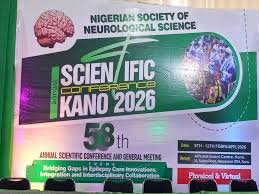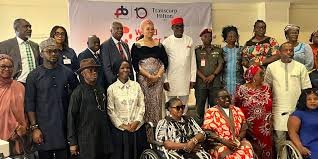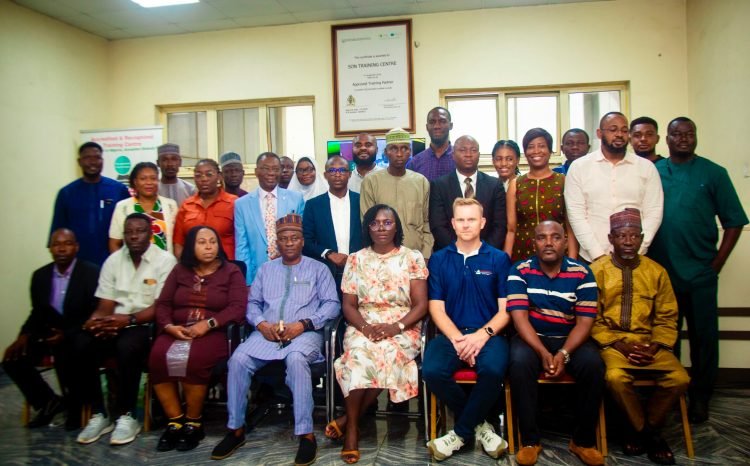
LAGOS, Nigeria – The Standards Organisation of Nigeria (SON), in partnership with the global public health organisation Resolve to Save Lives (RTSL), has trained government regulators, academics, and environmental officials on the safe use of X-Ray Fluorescence (XRF) analysers to detect lead in consumer products.
The two-day capacity-building workshop, held from 5 to 6 November at SON’s Lagos office, brought together 35 participants drawn from government agencies, universities, state environment departments, and private laboratories.
The training forms part of a national effort to strengthen Nigeria’s capacity to identify and eliminate lead exposure in paints, cosmetics, toys, and other consumer goods.
In a statement on Saturday, Deputy Director of Laboratory Services, SON, Adetoyi Adeyinka, said the initiative is designed to prevent lead contamination before stricter enforcement begins.
“We have seen red flags in products across the country and must be proactive,” he said. “This is not about shutting down companies; it is about helping them meet safety standards to protect the public.”
Lead exposure can cause severe neurological and organ damage, particularly in children, according to the World Health Organisation, which notes that young children absorb the toxic metal more rapidly.
Officials from Kano State’s Ministry of Environment highlighted ongoing risks in northern industrial zones, including informal recycling of lead-acid batteries near residential areas.
“Lead poisoning is irreversible but preventable,” said Usman Sulaimon, Deputy Director of Pollution Control. “We now have portable XRF devices that provide field results instantly.”
Executive Director of RTSL Nigeria, Nanlop Ogbureke, said the workshop supports the organisation’s Lead Poisoning Prevention Project, which aims to build laboratory capacity and generate evidence for stronger enforcement.
“Our goal is to eliminate lead from everyday products,” she said.

